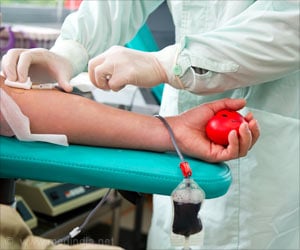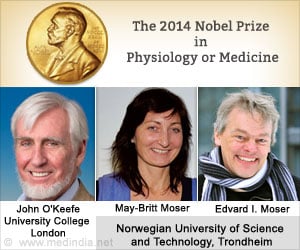British scientists claim to have developed a drug with the potential to ‘vaccinate’ those with a family history of breast cancer.
British scientists claim to have developed a drug with the potential to ‘vaccinate’ those with a family history of breast cancer.
If the drug is administered regularly to individuals who have a family history of the cancer, experts say it could, in effect, 'vaccinate' them against the disease.A mutation in the BRCA gene is known to be the causative factor in 2,000 of the 44,000 UK breast cancer cases, every year. This flawed gene may be inherited from both sides of a family. Women who have inherited this altered gene are 85 per cent more prone to develop the disease, which is eight times that of an average woman.
At present, a large percentage of women who have inherited the ‘rogue’ gene, choose to undergo a mastectomy, as a preventative measure. The innovative drug, known as AGO14699, could effectively vaccinate those with a family history, and save thousands of women the trauma of having their breasts removed.
The new drug, which belongs to a class of anti-cancer medicines called PARP inhibitors, is designed to exploit the ‘Achilles' heel’ in hereditary cancers. In essence it will block DNA repair in the BRCA genes and destroy their chances of multiplying.
This drug could also be free of the side effects associated with other cancer treatments such as pain, nausea and hair loss. Researchers say that the drug could also be used against other forms of cancers, including those of the prostate and the pancreas, although further research is required in that area.
'The implications for women and their families are huge because if you have the gene, there is a 50 per cent risk you will pass it on to your children. You are carrying a time bomb,' said Dr Ruth Plummer, senior lecturer in medical oncology at Newcastle University.
Source-Medindia
Dr. Reeja Tharu/L











